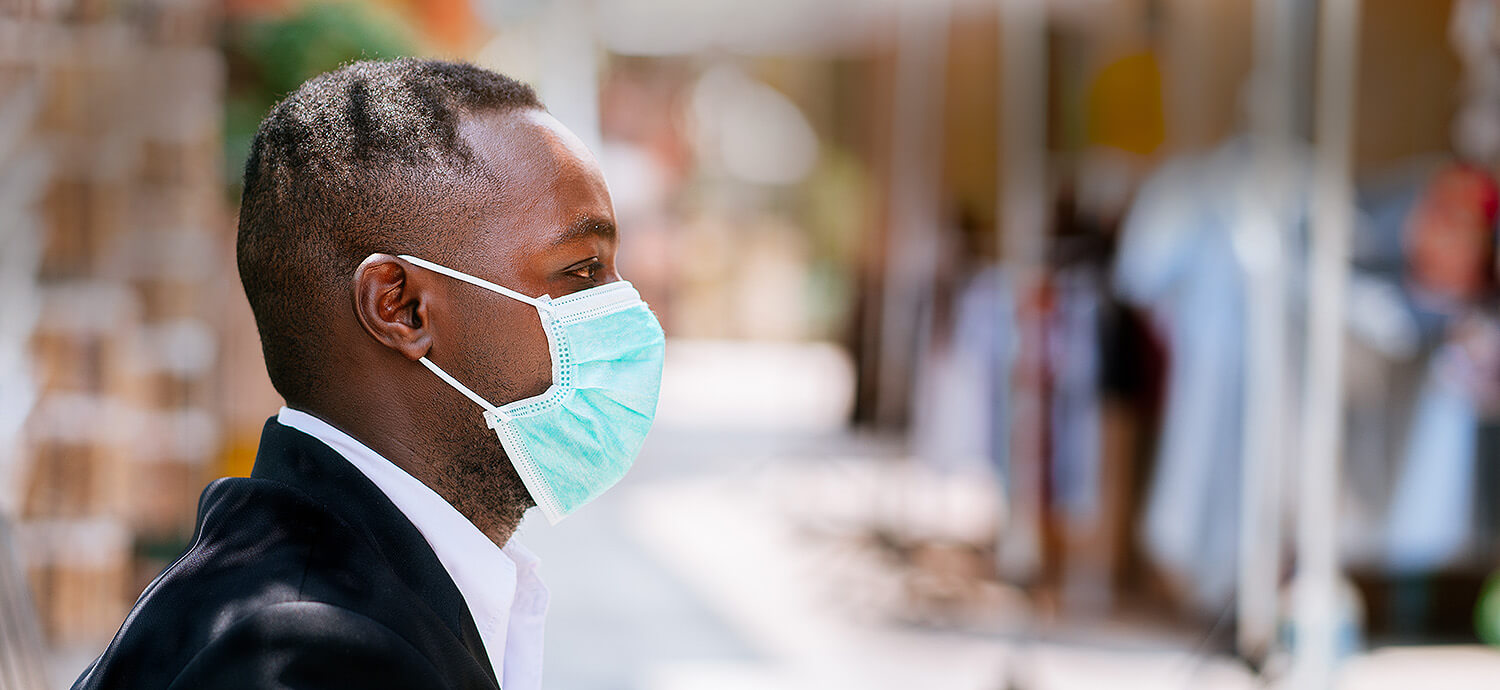Health Supply Chain Internship Programme that Develops Young Talented Problem Solvers
Inspiring the next generation of supply chain professionals to ensure essential medicine availability during disasters.
Issue: September 2020
Project code: 5193.086
Country: Kenya, Nairobi
The COVID-19 pandemic revealed how fragile medical supply chains are to disruptions. Around the world, people watched in dismay as health systems groaned under the weight of the pandemic – while they strained to keep services running.
Most governments in Low and Middle-Income Countries (LMICs) depend heavily on imported medicines. In 2020, these were gravely disrupted by supply chain breaks. Disturbing delays, and increased costs and lead-times, added to the pressure.
While supply chain experts grappled with this once in a lifetime event; young talent - the next generation of supply chain professionals - watched with unease as previously stable networks struggled to endure.
Could they too grapple with these disruptions and find decisive solutions? Supply chains need innovative ideas to ensure goods and services continue when disruptions strike. What role could these young professionals play to make sure this happens?
With funding from the Kühne Foundation (KF), HELP Logistics and Strathmore University Business School, in partnership with the Africa Resource Centre (ARC), joined together to inspire young talent to explore ways to safeguard essential medicine availability despite paralysing disruptions. Through guided learning and coaching, young practitioners were challenged to derive solutions.
Mr Jesse Ruga’s solution focused on redistribution strategies to improve resilience.
With funding from the Kühne Foundation (KF), HELP Logistics and Strathmore University Business School, in partnership with the Africa Resource Centre (ARC), joined together to inspire young talent to explore ways to safeguard essential medicine availability despite paralysing disruptions.
“Through the PSM training, I became enthralled by the idea of improving current supply systems to ensure the availability of essential medicines for all.”
Jesse Ruga
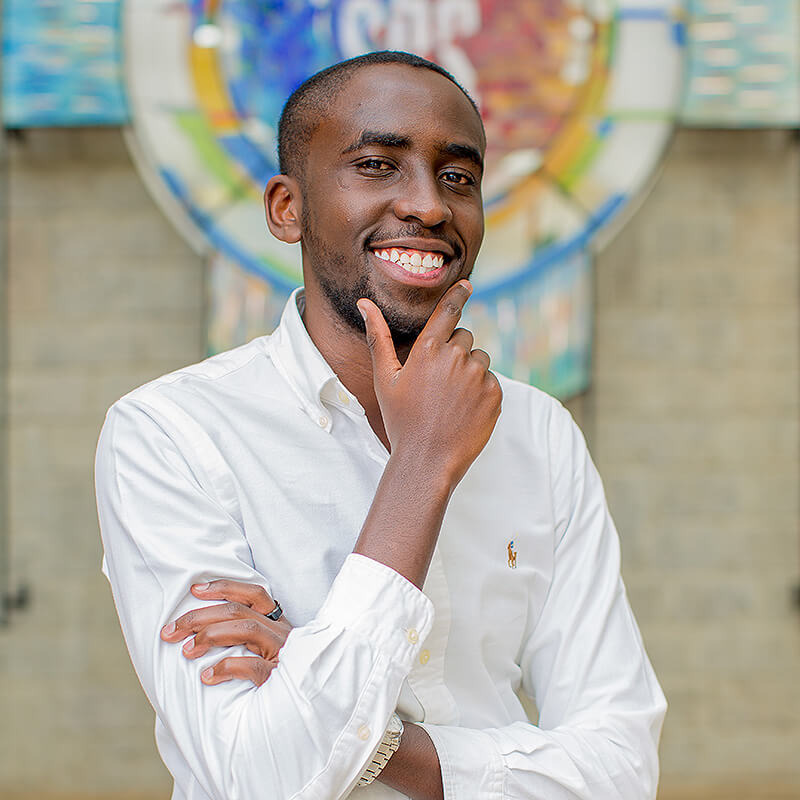
Through guided learning and coaching, young practitioners were challenged to derive solutions. Mr Jesse Ruga’s solution focused on redistribution strategies to improve resilience.
He reflected, “The Hackathon exposed me to glaring gaps in current pharma supply systems and it dawned on me that we have a long way to go – this realisation sparked creativity and urgency – driving me to find a solution. Through the PSM training, I became enthralled by the idea of improving current supply systems to ensure the availability of essential medicines for all.”
Creating an online Health Supply Chain Internship Programme, the partners spurred these young people on, to scrutinize the pandemic and other natural disasters from a mind set of ensuring essential medicine availability – no matter what. In response to breakdowns in global supply networks, Mr. Mastaki Bwinja proposed a framework for government interventions to increase private sector involvement in local medical manufacturing; to benefit local industry and assure medicine availability in the region.
”…the program prompted me to identify Research and Development as crucial to improving availability through the development of new products, improvement of existing one or the restructuring of their supply chains.”
Mastaki Bwinja
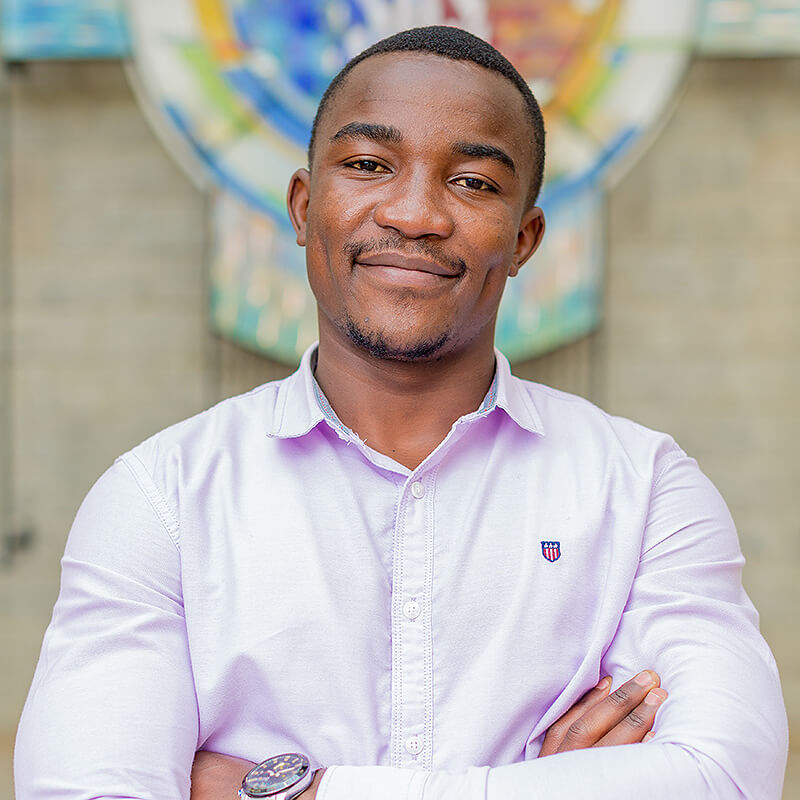
Over three months, twelve young professionals benefited from a structured program by HELP Logistics:
- 4-day online Pharma and Health Supply Management training program (PSM),
- 2-day continuous improvement course using the DMAIC methodology (Design, Measure, Analyse, Improve, Control);
- Thought-provoking 12-hour design innovation program; and
- Mentorship for their Hackathon innovation projects.
Ms Margaret Kironji proposed a Mobile App that collects data on health workers on areas like PPE availability.
” The Innovation classes were a fun way to think outside the box and learn how to unblock the creative flow. I learned that novel ideas are not always the answer. Often it is a question of improving something already in existence.”
Margaret Kironji
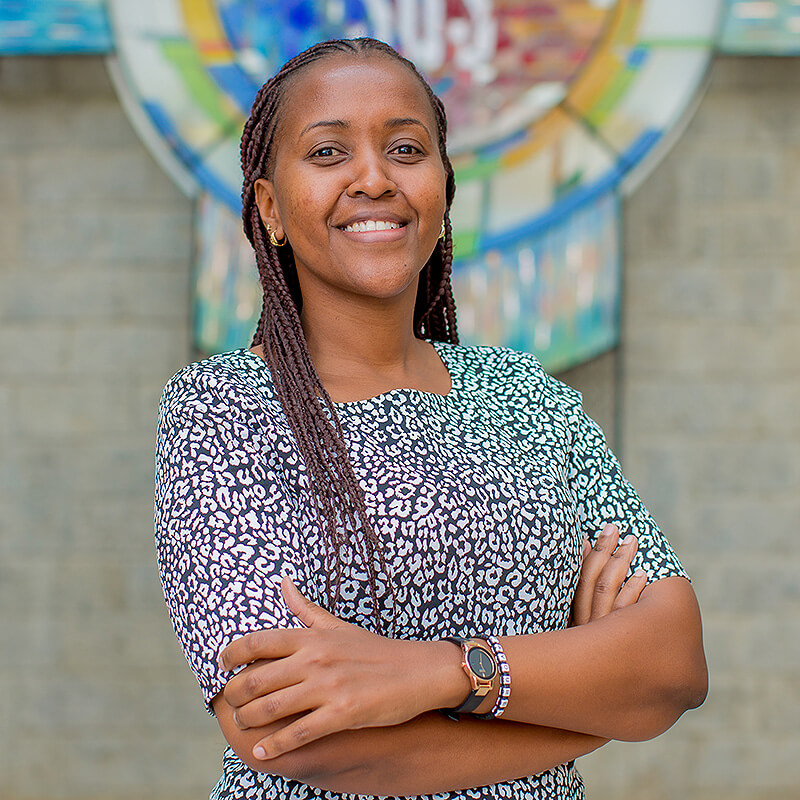
She explained, “The Innovation classes were a fun way to think outside the box and learn how to unblock the creative flow. I learned that novel ideas are not always the answer. Often it is a question of improving something already in existence. My mentor and I brainstormed on how to realise my idea. First, we thought of one-off data collection solutions but then we realised it should evolve over time so we settled on an App. I really appreciated him sharing his time, knowledge and skills with me.”
Throughout the process, and especially for the continuous improvement projects, mentors guided the participants to diagnose solutions to debilitating problems in medical supply chains.
Ms Fiona Mungai described how the mentorship process helped her turn an initial idea into a feasible solution.
”Through weekly meetings, we assessed the strengths and weaknesses of all aspects of my concept; and how to make it practical. My mentor kept me motivated and inspired me to focus on the process, as well as a result.”
Fiona Mungai
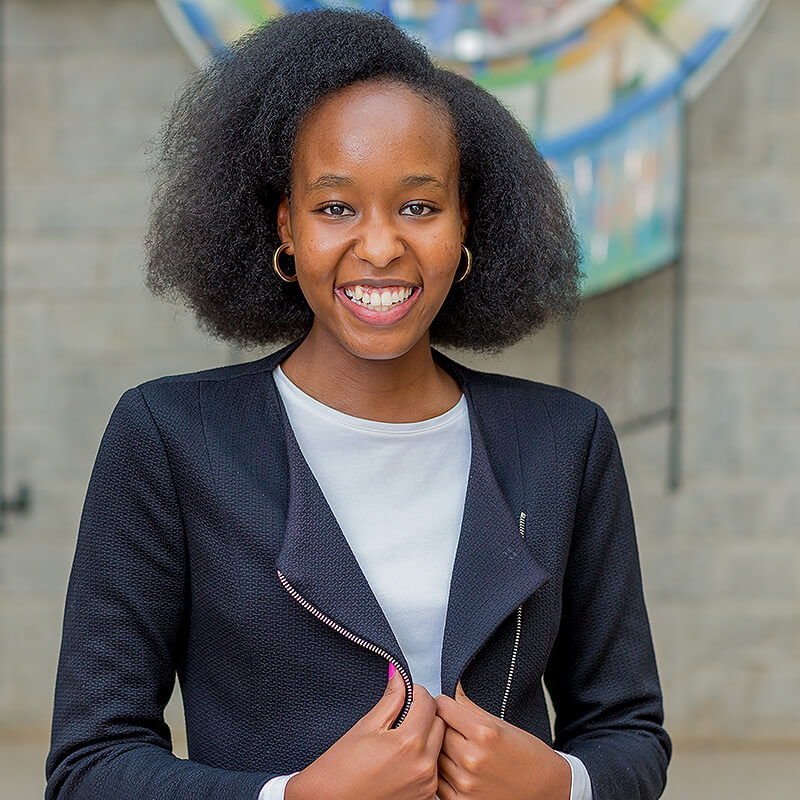
The hackathon enhanced learning and encouraged participants to tackle acute, real-world problems. At the end of the program, they presented their ideas. The creators of the top two solutions were awarded places on a summer school program at the Kühne Logistics University. Now, some of these exciting innovations are being developed for implementation.
Ms Fiona Mungai’s winning idea re-designed an existing app to improve procurement visibility.
She elaborated on her concept, “My proposal maximises transparency in public tenders by eliminating cumbersome, paper-based tender processes. I re-imagined a Mobile App that already exists. Then I re-designed it to automate orders and tender processes so stakeholders would have open access to information about resource distribution and operations management. This will improve efficiency, accountability and ultimately, medicine availability. Now, I am writing up a detailed proposal; building up the concept; making it even more concrete.”
The Kühne Foundation supports projects with a focus on training in transportation and logistics, as well as other areas of science, in particular medicine. The hackathon is an example of the Kühne Foundations vision and service – working with partners to empower young professionals to develop real-world solutions.
